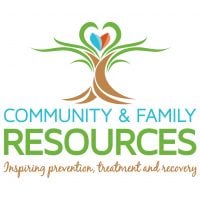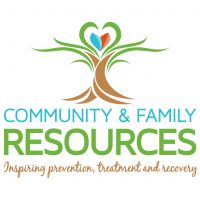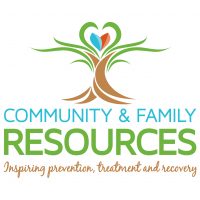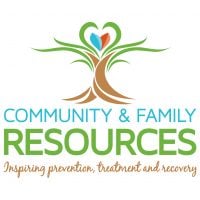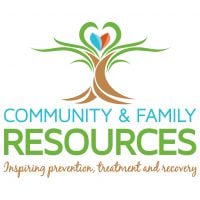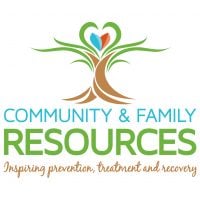Addiction Treatment Centers near you in Fort Dodge, Iowa
The drug addiction problem in Fort Dodge, IA, is relatively small, with only around 4% of the population reporting abuse or addiction problems.
However, this still means that 4 out of every 100 people in Fort Dodge are struggling with addiction, which can have devastating effects on individuals and families. Drug addiction can lead to job loss, financial instability, relationship problems, and mental health issues.
According to the Iowa Department of Public Health, there were 61 drug-related deaths in Webster County in 2017, the most recent year for which data is available. This represented a significant increase from the previous year when there were just 33 drug-related deaths.
And while the number of deaths is still relatively low compared to other counties in Iowa, it is clear that drug addiction is a growing problem in Fort Dodge.
There’s opportunity for rehabilitation and a better future with a variety of drug and alcohol treatment services offered throughout the state, here’s what we have for Fort Dodge. Below we list all of the top addiction rehab services and centers, each of which have special features of their own.
Discover Treatment Options with an Expert
We will help you find treatment based on your location, budget, and specific needs and help you get started safely.
Free + Confidential Consultation
Browse 18 Centers in Fort Dodge, Iowa
Community & Family Resources - STARS Adolescent Program
The STARS Adolescent Program is an accredited Addiction Treatment Facility in Fort Dodge, Iowa offering comprehensive drug rehab, dual-diagnosis and inpatient levels of care for individuals struggling with Alcoholism, Opioid Addiction or Drug Addiction, as well as an aftercare support system and additional resources through its affiliation with Community & Family Resources.



Fort Dodge, IA's Children and Families is an addiction treatment facility offering private health insurance and outpatient programs to help individuals struggling with substance abuse, dual diagnosis, eating disorders, and mental health issues achieve sobriety and long-term recovery through holistic and compassionate care.


YWCA of Fort Dodge - Center for Life Empowerment
The YWCA of Fort Dodge - Center for Life Empowerment in Fort Dodge, Iowa, is an addiction treatment facility specializing in treating opioid addiction, substance abuse, drug addiction, and alcoholism through a range of treatment options and evidence-based methods, with a focus on empowering individuals and providing ongoing support for long-term recovery.

YWCA of Fort Dodge - Center for Life Empowerment
The YWCA of Fort Dodge - Center for Life Empowerment is a comprehensive and accredited addiction treatment facility in IA offering a range of levels of care to help individuals overcome substance abuse.


Unity Point Health Berryhill Center in Fort Dodge, Iowa is an addiction and substance abuse treatment center offering comprehensive services, gender-specific programming, and a holistic approach to help individuals overcome their addictions and develop long-term recovery strategies.
Community & Family Resources - South 17th Street
Community & Family Resources in Fort Dodge, Iowa provides treatment and support services for a wide range of addictions, including alcohol and drug abuse, gambling, and opioid addiction, with individual and group counseling, peer support, case management, and prevention services in a safe and supportive environment.



New Perspective Treatment Care Servs
New Perspective Treatment Care Servs provides a variety of services ranging from aftercare support and drug rehab programs to outpatient levels of care, family services, crisis intervention services and case management to individuals and their loved ones in Fort Dodge, IA struggling with addiction.
Community and Family Resources (CFR) is an Iowa-based addictions and mental health services provider, accredited and licensed, offering a wide range of individual, family, and residential programs for treating substance use disorders and mental health issues, and has received several awards and recognitions.
Community and Family Resources in Fort Dodge, Iowa provides evidence-based treatment services for addiction and substance abuse, offering specialized programs and supportive services customized to meet the unique needs of each patient, and dedicated to providing greater access to addiction treatment and resources in the local community through education and preventative services.
Community and Family Resources STARS is a substance abuse treatment facility in Iowa that provides comprehensive programs and therapies, including medically managed detox, counseling, and holistic therapies, and has received multiple awards and accreditations for their excellence in care.
Community & Family Resources - 211 Ave. M West in Fort Dodge, Iowa is a comprehensive addiction treatment center that offers inpatient and outpatient care, individualized treatment plans, individual and group counseling, and family support services, as well as evidence-based treatments, life skills training, vocational rehabilitation, and educational opportunities.
Trinity Recovery Center
Trinity Recovery Center is an addiction treatment facility in Fort Dodge, IA that offers various levels of care and individualized treatment plans for clients seeking sobriety from alcoholism, dual diagnosis, opioid addiction, and drug addiction.
New Perspective Treatment Services
New Perspective Treatment Services in Fort Dodge, Iowa provides a range of addiction and substance abuse treatment services, including individual and group therapy, crisis intervention, court-mandated counseling, and holistic approaches like yoga and meditation. They are accredited by the Joint Commission and the Iowa Department of Public Health and offer aftercare services and prevention education.

K Moore Services
K Moore Services provides outpatient addiction treatment with certified counselors and evidence-based therapies, as well as specialized programs for co-occurring disorders, medication-assisted treatments, and holistic care, all with the aim of offering comprehensive and personalized services to their clients.
Corvel Corporation - Fort Dodge
Corvel Corporation - Fort Dodge provides individualized and comprehensive treatment for alcohol, dual diagnosis, opioid, and drug addictions, including personalized assessments, residential long-term care, and support groups, workshops, and educational sessions to help patients achieve success.
AA - Alcoholics Anonymous
VA Central Iowa Health Care System - Fort Dodge CBOC

Iowa Central Industries - Ashford Estate
Iowa Central Industries - Ashford Estate is a leading addiction treatment center in Fort Dodge, Iowa, offering a comprehensive range of services for individuals suffering from addiction and substance abuse, including both individual and group counseling services, specialized programs for pregnant and postnatal women and veterans, as well as a safe and welcoming environment for LGBTQ+ individuals seeking addiction treatment.
How to Find The Best Drug Rehab in Fort Dodge, Iowa
Drug rehab can provide the structure and support necessary to overcome addiction and build a healthy, sober life. Here are some things to look for when choosing a drug rehab in Fort Dodge, Iowa:
-⠀Licensed and accredited:⠀Make sure the drug rehab is licensed and accredited by the state of Iowa. This ensures that the facility meets certain safety and quality of care standards.
-⠀Individualized treatment plans:⠀Each person’s journey through recovery is unique, so look for a drug rehab that offers individualized treatment plans. The staff will work with you to create a customized plan that meets your needs.
-⠀Evidence-based treatments:⠀The best drug rehabs offer evidence-based treatments that have been proven to be effective in helping people overcome addiction. These might include therapies like cognitive behavioral therapy (CBT) and contingency management (CM).
-⠀Aftercare support:⠀Recovery is a lifelong process, so look for a drug rehab that offers aftercare support. This can help you stay on track after you leave treatment and prevent relapse in the future.
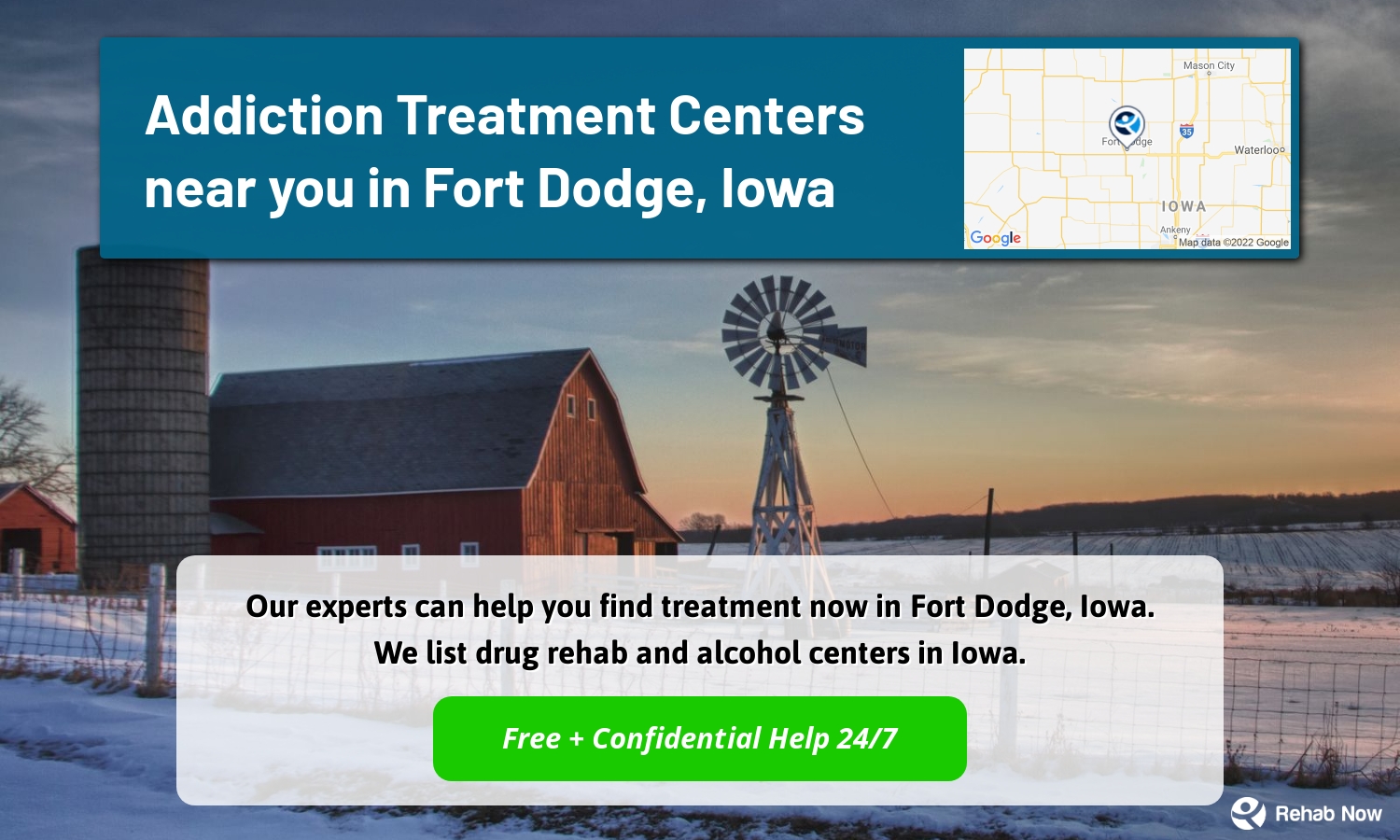
Types of Treatment in Fort Dodge, IA
The types of treatment available in Fort Dodge, Iowa, vary depending on the facility, but all offer support and guidance for those in recovery.
Some of the most common forms of treatment include individual and group therapy, Twelve Step programs, and medication-assisted treatment.
Fort Dodge also has several sober living homes, which provide a supportive environment for those in early recovery.
In addition, many community resources are available to help those in recoveries, such as Narcotics Anonymous meetings and support groups.
With so many resources available, Fort Dodge is an excellent place to begin the journey of recovery.
The best way to locate a high-quality drug rehabilitation center is to inquire around.
Talk to your friends and relatives who have dealt with addiction and ask for advice. You can also look up consumer reviews on the internet.
After narrowing down your choices, you must visit the center in person and speak with staff members. This will help you better understand what the program is like.
Drug Abuse Statistics in Fort Dodge, Iowa
Fort Dodge, IA, has a drug abuse rate of 9.8% and a drug addiction rate of 5.9%. In 2016, there were 456 drug-related deaths in Iowa. In 2017, there were 813 drug overdoses in Des Moines, Iowa’s capital.
- The most common drugs involved in overdose deaths are opioids such as fentanyl and heroin.
- In 2014, there were 188 drug-related hospitalizations in Fort Dodge.
- In 2013, Fort Dodge had 238 drug-related emergency room visits.
- In 2012, Fort Dodge had 227 drug-related emergency room visits.
- In 2011, there were 234 drug-related emergency room visits in Fort Dodge.
- In 2016, the city had an alcohol abuse rate of 8.4% and an addiction rate of 4.2%. Alcohol is involved in about half of all fatal car accidents in Iowa.
- In 2017, there were 813 alcohol-related traffic deaths in the state. This is a 10% increase from 2016.
Additional Treatment Centers in Iowa
Iowa ranks 2nd lowest in the nation for illicit drug use, but 12% of its residents are still using these drugs every single year. Methamphetamines account for more than 90% of all drug-related prison admissions in Iowa. Alcohol is the most widely abused substance in the state, with 23% of residents admitting to heavy drinking.
Still haven't found the right recovery center? Browse nearby Iowa cities.
- Marion, IA (136.7 mi.)
- Ossian, IA (130.7 mi.)
- Waterloo, IA (94.2 mi.)
- Storm Lake, IA (52.4 mi.)
- Coralville, IA (144.9 mi.)
- Charles City, IA (86.1 mi.)
- Newton, IA (80.5 mi.)
- Pocahontas, IA (29.0 mi.)
- New Providence, IA (54.3 mi.)
- Colfax, IA (75.2 mi.)
- Estherville, IA (69.9 mi.)
- Winterset, IA (82.0 mi.)
- Des Moines, IA (54)
- Cedar Rapids, IA (27)
- Sioux City, IA (24)
- Davenport, IA (24)
- Ames, IA (20)
- Fort Dodge, IA (18)
- Waterloo, IA (16)
- Ottumwa, IA (13)
How to Follow up After Rehab in Fort Dodge, Iowa
Fort Dodge, Iowa, is a great place to live if you are in recovery from addiction. Many resources are available to help you stay on track, and the community is very supportive. Here are a few things to keep in mind as you transition back into life after rehab:
1. Stay connected with your support system. This could include meeting regularly with a therapist or counselor, attending 12-step meetings, or participating in other activities that help you stay sober.
2. Establish healthy routines and stick to them as much as possible. This might include going to bed and waking up at the same time each day, eating regular meals, and getting regular exercise.
3. Avoid triggers that could lead to relapse. If certain people or places make you feel tempted to use drugs or alcohol, it is best to avoid them altogether. Fort Dodge has plenty of other great places to hang out!
4. Seek help if you feel like you are struggling. If you find yourself feeling hopeless or alone, please reach out for help. Fort Dodge is a great place to start fresh in recovery, so don’t be afraid to ask for help when you need it.
Traveling Outside of Fort Dodge, IA for Drug Addiction Treatment
Fort Dodge, IA, is a great place to live, but it can be difficult to find adequate treatment for drug addiction. There are a number of reasons why traveling outside of Fort Dodge, IA, for drug addiction treatment may be the best option. First of all, Fort Dodge, IA, is a small town with limited resources available.
Secondly, the anonymity of a larger city can be helpful for those seeking treatment. Finally, traveling outside of Fort Dodge, IA, can provide access to a wider range of treatment options. Traveling outside of Fort Dodge, IA, for drug addiction treatment may not be the easiest decision to make, but it may be the best decision for your recovery.
Drug-related Crime in Fort Dodge, Iowa
Fort Dodge, Iowa, is a small city with a population of just over 26,000 people.
- However, it has been repeatedly ranked as one of the most dangerous places in the United States for drug-related crime.
- In 2017, there were a total of 12 heroin overdoses in Fort Dodge – more than double the number from the previous year.
- Drug dealers have been known to target the city because of its location on Interstate 35, which makes it easy for them to transport drugs into and out of the city.
Fort Dodge police have beefed up their presence in recent years and have made several major drug busts.
However, the problem is far from solved. When traveling through Fort Dodge, it is important to be aware of the dangers and take precautions to protect yourself.
Our experts can help you find treatment now in Fort Dodge, Iowa. We list drug rehab and alcohol centers in Iowa. (888) 674-0062.
